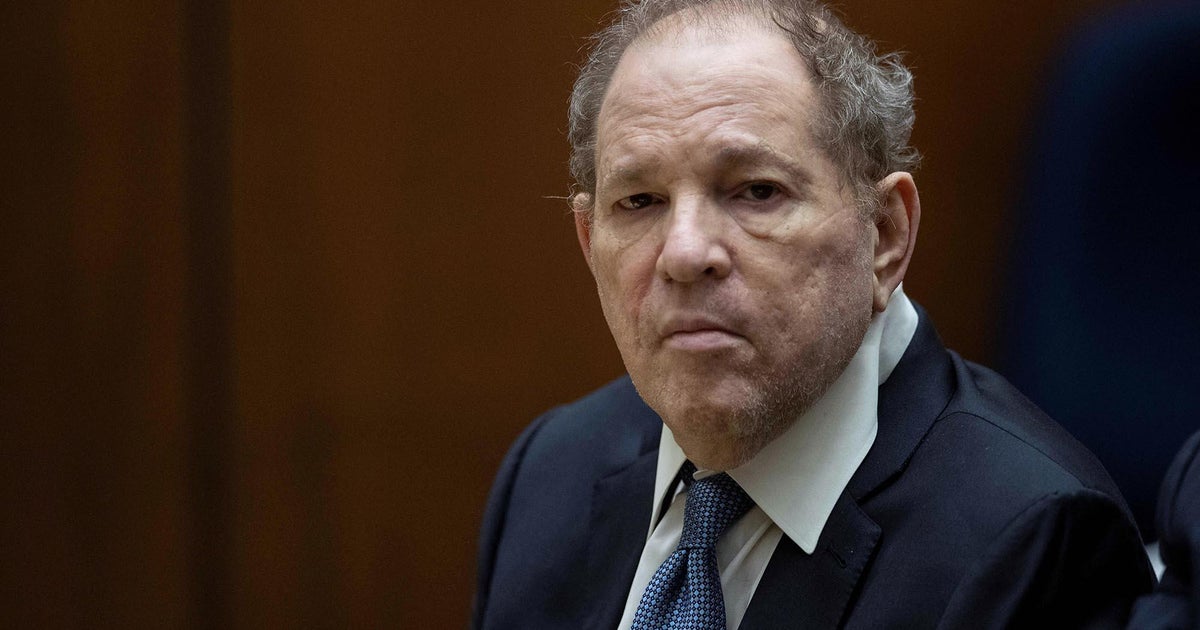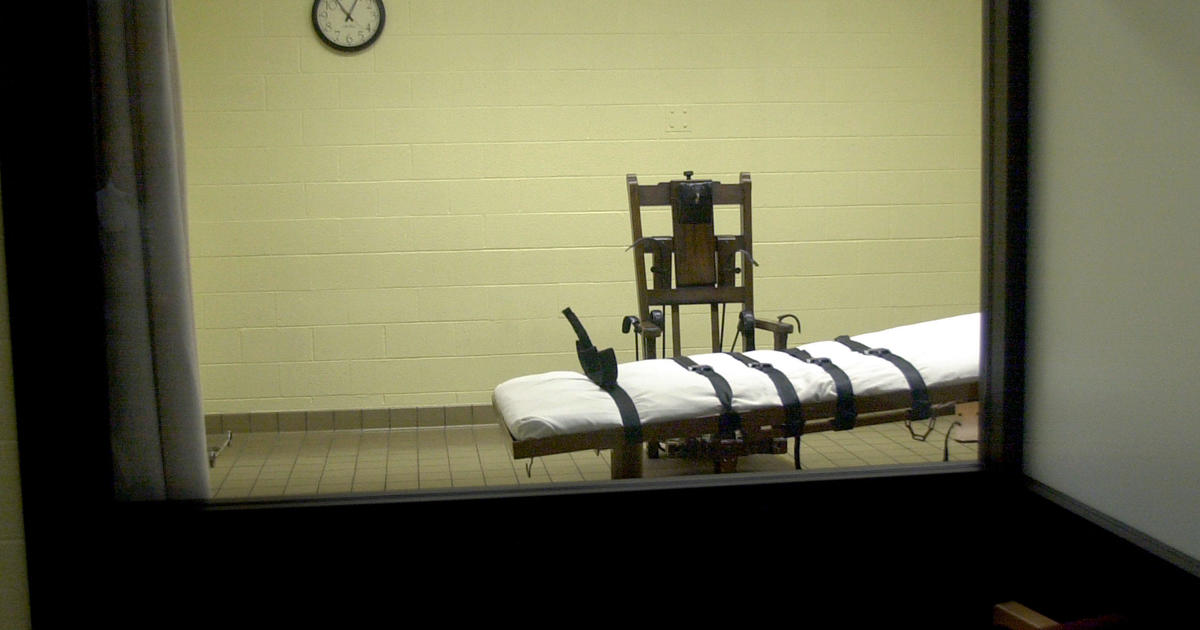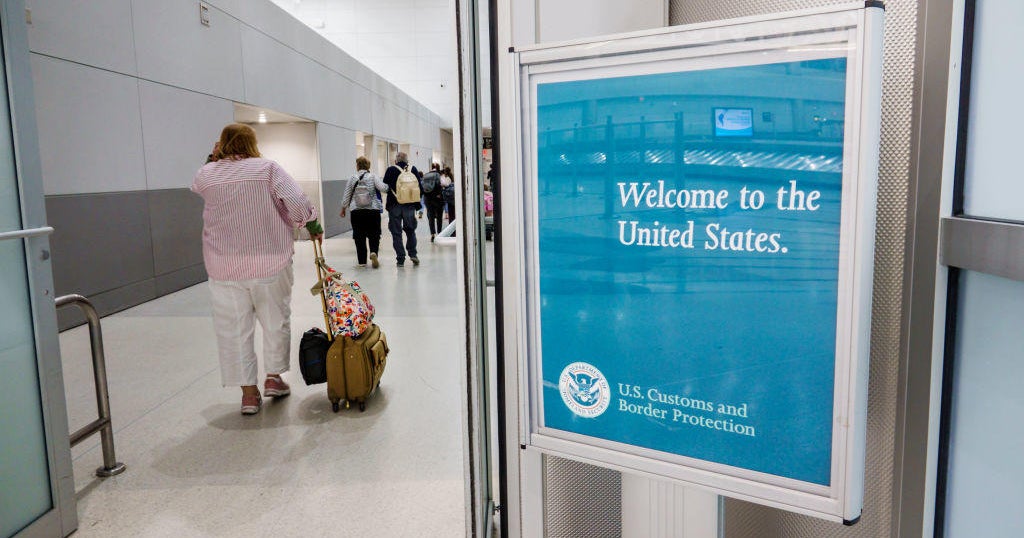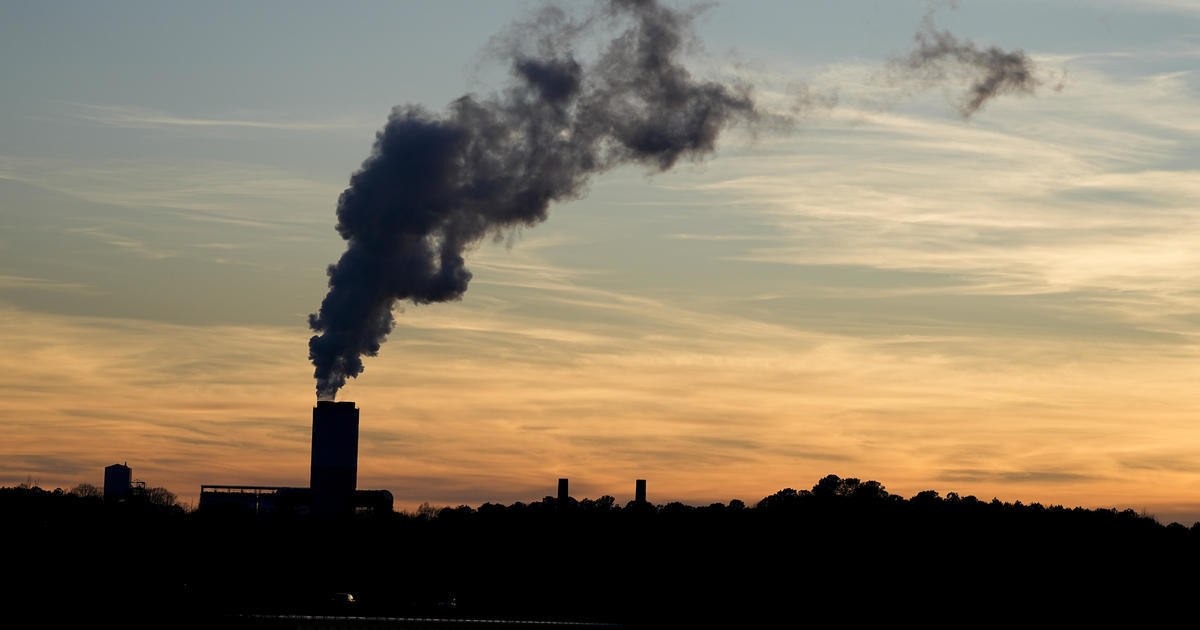Supreme Court's abortion decision shines light on "shadow docket"
Washington — Immigration, COVID-19 restrictions, voting rules and abortion are just some of the hot-button issues that have garnered the Supreme Court's attention over the last few months, but not through its regular process of exhaustive written briefs, oral arguments and, finally, a signed opinion of the court.
Instead, the high court has intervened in disputes involving these issues that arrive through its so-called "shadow docket," with the most recent decision allowing a Texas law banning abortions after six weeks of pregnancy to remain in effect inviting fresh scrutiny to this part of the Supreme Court's work.
The phrase was devised by William Baude, a professor at the University of Chicago Law School, in 2015 to describe the orders and summary decisions issued by the Supreme Court without full briefing and oral argument.
In recent years, the shadow docket has received growing attention while the number of cases the Supreme Court decides on the merits — after several rounds of briefing and oral arguments followed by a signed opinion — has declined.
Steve Vladeck, a law professor at the University of Texas, said in some respects, the shadow docket is an "old norm that the court just hasn't updated," as historically the Supreme Court issued anodyne case-management orders.
"But what's changed so dramatically is the orders are affecting people beyond the parties to the litigation, so all of a sudden we're surprised to find that most of what the Supreme Court does is not signed and is not thoroughly explained, if it's explained at all," he said.
The Trump administration sought emergency relief from the Supreme Court through the shadow docket with far more frequency than the Bush and Obama administrations, according to an analysis from Vladeck. Over four years, the Justice Department under former President Donald Trump filed 41 requests for emergency relief, compared to just eight over his two predecessors' administrations, Vladeck found.
And the Trump administration saw success with its emergency applications to the high court: Of the 41 requests for relief filed, 28 were granted.
"This just undermines how our system is supposed to work," Jessica Levinson, a professor at Loyola Law School, said of many emergency appeals that land before the Supreme Court via the shadow docket.
When the justices do weigh a legal dispute through its normal procedures, "they get to make a decision not with a bullet-point outline of the case, but with a full novel describing the case," she said, referring to the trove of filings and decisions amassed as a case weaves through the lower courts. But "when the court makes these decisions quickly, it can't have the benefit of any of that," Levinson added.
Over the last 18 months, the Supreme Court has made decisions on issues involving coronavirus restrictions on places of worship and changes to voting rules during the pandemic through the shadow docket.
Then, in the last week of August, the high court issued three orders on the shadow docket involving politically charged issues — reinstating the Trump-era "Remain in Mexico" border policy, lifting the Biden administration's federal ban on evictions and allowing the Texas abortion law to remain in effect.
The latter ruling, keeping in place the nation's most restrictive abortion law, thrust the shadow docket into the light.
"Any decision that looks like it's gutting Roe [v. Wade] is going to get a lot of attention, but when it comes to a decision where the court is essentially and functionally overturning Roe without the normal procedures, without having a full briefing, without oral argument, without the normal opinion-writing process, it highlights and brings into stark relief how robust the shadow docket has become," Levinson said.
A major criticism of shadow-docket orders is the court oftentimes does not explain its reasoning or disclose how the justices voted, though in some instances, they will note their dissents.
Vladeck, who has testified about the shadow docket before Congress, said the lack of an explanation not only raises issues about the transparency of the court, but also is a crucial shift because the Supreme Court is beginning to treat some of its orders as precedential, such as a February order in which it blocked California from enforcing some of its pandemic-related restrictions on indoor worship services.
In a separate case involving the state's COVID-19 rules, the court issued an unsigned order that sent the dispute back to the lower court "for further consideration in light of" its February decision.
"If they're precedential, they ought to be explained," Vladeck said of decisions that lack legal reasoning.
Richard Pierce, a law professor at George Washington University, said the court has in the last few weeks begun to issue opinions, such as in decisions involving the eviction moratorium and the abortion law, but said they are "short and sloppy."
In an article to be published by the Administrative Law Review, Pierce calls for the Supreme Court to make changes to its practices when it comes to the shadow docket, arguing it is "taking actions on the shadow docket that have a wide variety of permanent major effects without ever providing any explanation for its actions."
"By now it should be obvious to the Court that many, perhaps even most, of its decisions that grant or deny stays of preliminary injunctions that bar the government from taking a major action will have significant long-term effects," Pierce wrote. "The Court should not issue such a stay without explaining its action. Such a change in practice would add to the workload of the justices, but that is a small price to pay to reduce the adverse effects of a large and growing shadow docket that is rapidly eroding one of the most important elements of the rule of law — the duty to engage in reasoned decision making."
The shadow docket has come under scrutiny by a House Judiciary subcommittee, which held a hearing on this aspect of the Supreme Court's work in February. Committee Chairman Jerry Nadler, a Democrat from New York, vowed more hearings following the Texas abortion decision to examine "the Supreme Court's dangerous and cowardly use of the shadow docket."
The Senate Judiciary Committee, too, announced in the wake of the Texas decision that it will hold a hearing examining the shadow docket, and it was also discussed in a public meeting of Mr. Biden's Presidential Commission on the Supreme Court in June, though the commission is not set to issue recommendations about the high court until later this fall.
Top Democrats including President Biden and House Speaker Nancy Pelosi have also lambasted the Supreme Court's handling of the emergency application in the Texas case, with Pelosi calling its late-night decision "shameful" because it was issued without full briefing, oral arguments or a signed opinion.
And even the court's own members are taking issue with the shadow docket.
In his dissent in the Texas dispute, Chief Justice John Roberts noted the court was asked to intervene in the case "in the course of two days, without the benefit of consideration by the District Court or Court of Appeals," while Justice Elena Kagan wrote the ruling "illustrates just how far the Court's 'shadow-docket' decisions may depart from the usual principles of appellate process."
"[T]he majority has acted without any guidance from the Court of Appeals — which is right now considering the same issues. It has reviewed only the most cursory party submissions, and then only hastily. And it barely bothers to explain its conclusion — that a challenge to an obviously unconstitutional abortion regulation backed by a wholly unprecedented enforcement scheme is unlikely to prevail," Kagan wrote in her dissent. "In all these ways, the majority's decision is emblematic of too much of this court's shadow docket decisionmaking — which every day becomes more unreasoned, inconsistent, and impossible to defend."



